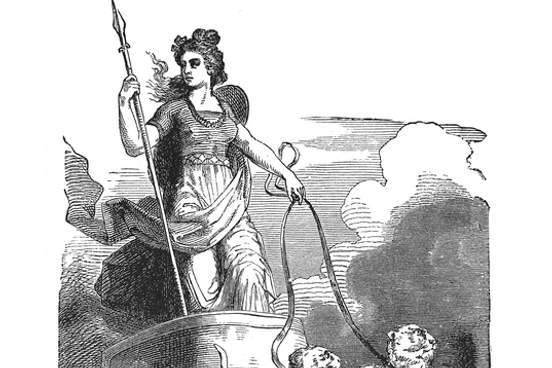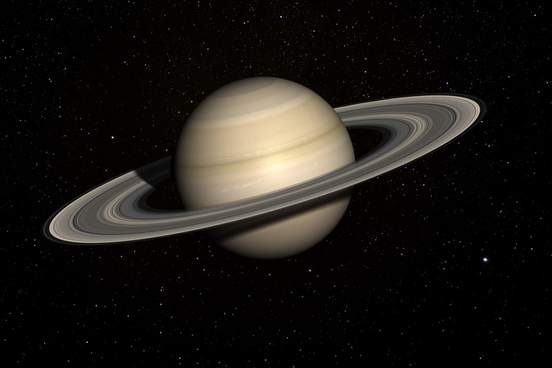
Sunday
In the 4th century AD, Emperor Constantine (of the Roman Empire) established the seven-day week we use today. It was apparently believed that there were seven key celestial bodies, and so the names of these seven celestial bodies were used to name the seven days of the week. Sunday, the first day of the week, was named after the sun. In Latin it was called “dies solis” meaning “day of the sun.” The English word we use today is from Old English sunnandæg from sunne (“sun”) + dæg (“day”), literally, “sun day.”

Monday
The second day of the week, Monday, was named for the moon. In Latin it was called “dies Lunae” meaning “day of the moon,” which was later translated into Old English as mōnandæg. The Old English word is akin to mōna (“moon”) and dæg (“day”), literally, “moon day.”

Tuesday
Tuesday was originally named for Mars, which is not only a planet but the name of the Roman god of war, and this Roman name for the third day of the week was retained in most of the Romance languages, such as in French (mardi), Spanish (martes), and Italian (martedì), to name a few. But the Germanic peoples instead used the name of the god of war in Germanic mythology, which was Tīw or Tiu (or Tyr, to the Norse). And so we get Tuesday from Old English tīwesdæg, from the name Tīw or Tiu, the Germanic god of war, and dæg (“day”). It’s Tiu’s day.

Wednesday
Wednesday, the fourth day of the week, was named by the Romans after the planet and Roman god Mercury. (You can see this in the same day of the week in French, Spanish, and Italian as mercredi, miércoles, and mercoledì.) The Norse mythology equivalent Odin, also known as Woden, is who we get the English name Wednesday from. Old English wōdnesdæg comes from the name Woden and the word dæg (“day”), for Woden’s day.

Thursday
The fifth day of the week, Thursday, was first named after the Roman god of the sky and weather, Jupiter (French jeudi, Spanish jueves, and Italian giovedì), whose Nordic counterpart is Thor, the hammer-wielding god of thunder. From Old Norse thōrsdagr "day of Thor," we were given the English name for this day, Thursday.

Friday
The Romans named the sixth day of the week after Venus (French vendredi, Spanish viernes, and Italian venerdì), Roman goddess of love and beauty, who is identified with the Norse goddess of married love, Frigga. Thus, the Latin dies Veneris (meaning “Venus' day”) was translated to Old English frīgedæg, from Frigga and dæg “day.”

Saturday
Saturday, the seventh day of the week, was named after Saturn, the Roman god of agriculture and renewal. The modern English word Saturday comes from the Old English sæterndæg meaning "Saturn's day.” You may notice that this day was not given a Germanic name when it entered English. It is possible that Saturn is a deity who is not identified with any Germanic god, and so we retained the Roman god’s name in Saturday, but it’s also possible that Saturday is a Roman holdover from the time the Romans occupied what is now known as England from 55 BC until 410 AD.





